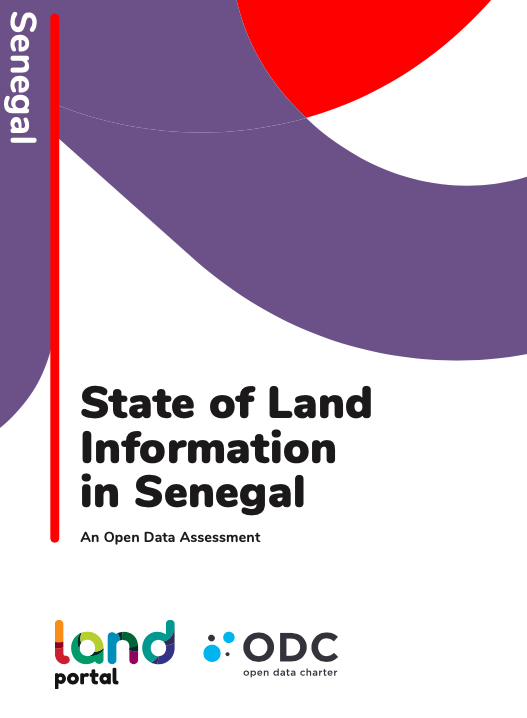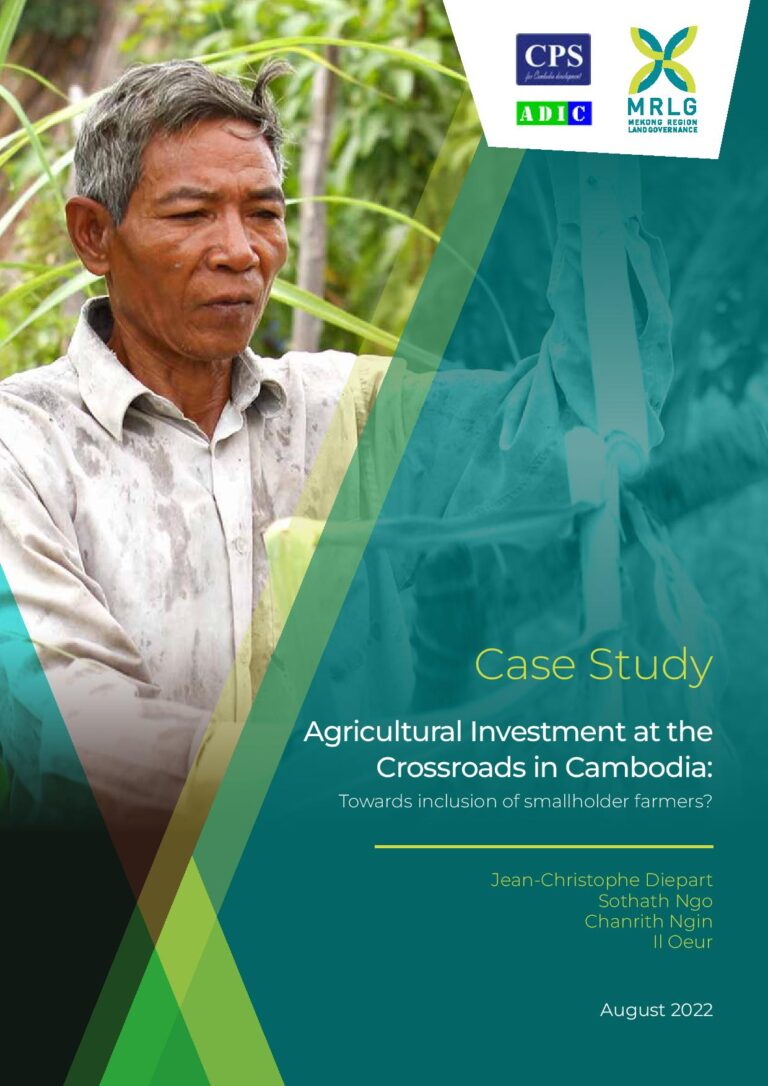Developpement agricole, genre et securite alimentaire: une analyse comparative des menages ruraux dans les zones montagneuses du territoire de Kalehe (RDC) et du district de Rusizi (Rwanda)
Dans la région des grands lacs africains, et plus particulièrement dans les milieux ruraux de la RDC et du Rwanda, le secteur agricole joue un rôle prédominant dans l’économie locale et constitue le principal moyen de subsistance des ménages. Ce dernier, évalué en termes de capital financier, humain, matériel, naturel et du capital social favorise le développement agricole des ménages. Malheureusement, dans les zones rurales de la RDC et du Rwanda, mobiliser ces différentes formes de capital pour le bien-être des ménages demeure un défi important à relever.




